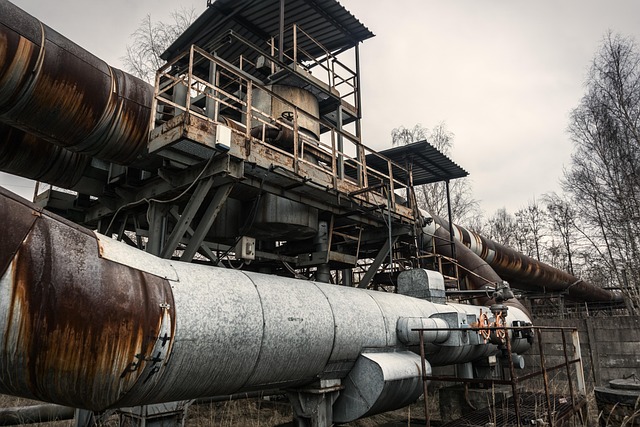TL;DR: Inadequate or missing medical documentation can severely undermine work injury settlements, leading to lower compensation. Comprehensive records, including diagnosis reports, therapy notes, and medication prescriptions, are vital for both parties to assess the injury's impact and negotiate fairly. Employers and employees must maintain up-to-date, organized files to substantiate injuries, avoid misunderstandings, and ensure timely, favorable settlement outcomes, especially in complex cases. Delays or incomplete documentation can result in reduced settlements and increased disputes across various legal claims.
In the complex world of work injury settlements, many claimants fall into traps that devalue their compensation. This article uncovers three common mistakes: lack of thorough medical documentation, underevaluation of pain and suffering, and insufficient proof of lost earnings. By understanding these pitfalls, you can navigate your claim more effectively, ensuring a fairer settlement. Comprehensive records, accurate assessment of non-monetary damages, and meticulous documentation of income loss are key to securing the value you deserve in your work injury case.
- Lack of Medical Documentation and Records
- – Importance of comprehensive medical records in work injury claims
- – Potential issues with incomplete or delayed documentation
Lack of Medical Documentation and Records

One of the most common mistakes that can significantly lower a work injury settlement value is inadequate or missing medical documentation and records. When an employee sustains an injury on the job, it’s crucial to have comprehensive medical documentation detailing the extent of the injury, treatment provided, and expected recovery time. This includes everything from initial diagnosis reports to ongoing therapy sessions and medication prescriptions. Without these records, it becomes challenging for both parties to accurately assess the injury’s impact and negotiate a fair settlement.
Lawyers relying on incomplete or non-existent medical documentation may struggle to prove the severity of the injury, potentially leading to reduced compensation. Additionally, medical malpractice claims that arise from breaches in patient care during treatment can further complicate matters. Employees should ensure their healthcare providers document all relevant information to support their work injury settlement and protect their rights, while employers must maintain proper records to fulfill their fiduciary duty to employees, ensuring fair and adequate accident compensation.
– Importance of comprehensive medical records in work injury claims

Comprehensive medical records play a pivotal role in work injury claims, serving as irrefutable evidence of an employee’s condition and treatment history. These records provide a detailed account of the injuries sustained, the medical care received, and the ongoing rehabilitation process. Insurers often scrutinize these documents to assess the validity and severity of a claim, making them a critical component in determining a work injury settlement value. Without thorough and organized medical records, claimants may face challenges in substantiating their injuries and negotiating a fair compensation package.
In cases involving complex or severe injuries, the absence of complete medical documentation could lead to misunderstandings or even allegations of exaggeration or medical negligence. It’s crucial for employees to maintain up-to-date and accessible medical files, ensuring they include diagnostic reports, treatment plans, and progress notes from healthcare professionals. This proactive approach not only facilitates smoother claims processes but also strengthens the case, potentially increasing the likelihood of a favorable work injury settlement.
– Potential issues with incomplete or delayed documentation

One of the most significant challenges in work injury settlement cases is often incomplete or delayed documentation. When an employee sustains an injury on the job, thorough and immediate record-keeping is crucial. Employers and insurance companies must ensure that all relevant details are documented promptly, including medical reports, witness statements, and details of the incident. Delays or missing information can hinder the case significantly. This may lead to a reduced settlement value since it makes it difficult for the claimant to prove the extent of their injuries and the responsibility of the employer or relevant parties.
Inadequate documentation can result in disputes over causation, severity, and liability, commonly seen in cases involving defective products or employment disputes. Similarly, nursing home neglect claims also require meticulous record-keeping to demonstrate negligence and the harm caused to the resident. Therefore, it is imperative for both employers and claimants to prioritize timely and comprehensive documentation to navigate these complex legal processes more effectively and secure fairer work injury settlement values.
In navigating the complex process of work injury settlements, understanding common pitfalls is crucial. One of the key factors that can significantly lower compensation is inadequate medical documentation. Employers and insurance companies rely on comprehensive records to assess the severity and impact of injuries. Delayed or incomplete documentation may hinder a claimant’s case, potentially resulting in reduced settlement values. Therefore, it’s essential to ensure prompt and detailed record-keeping to maximize the work injury settlement amount.






